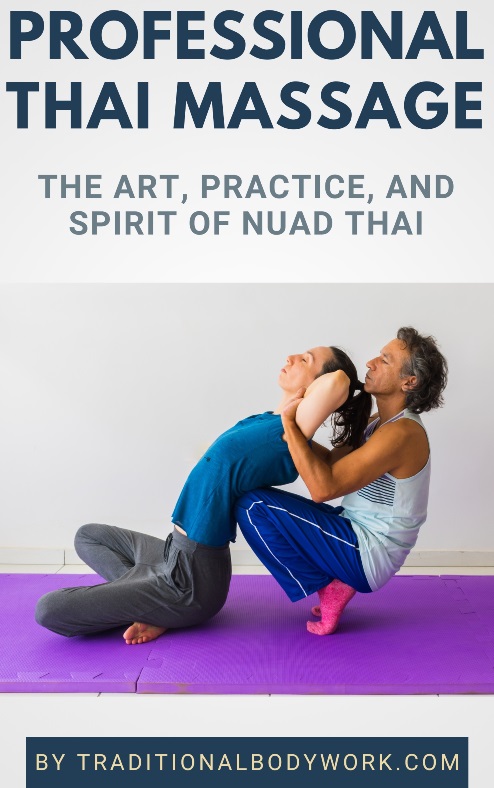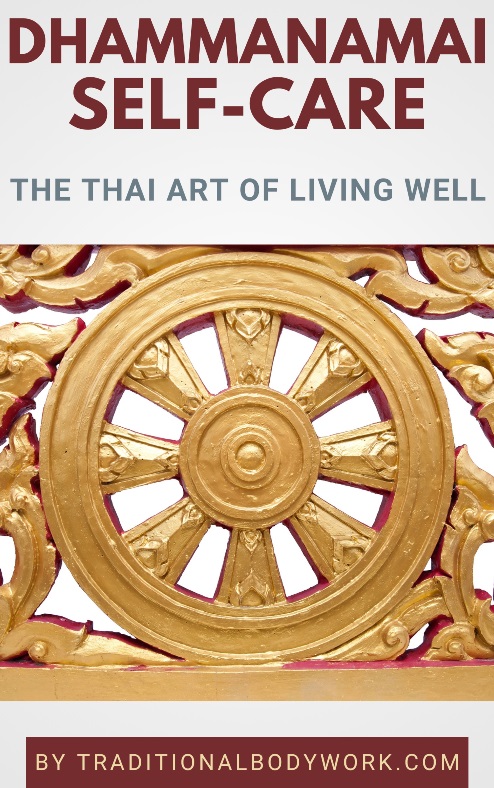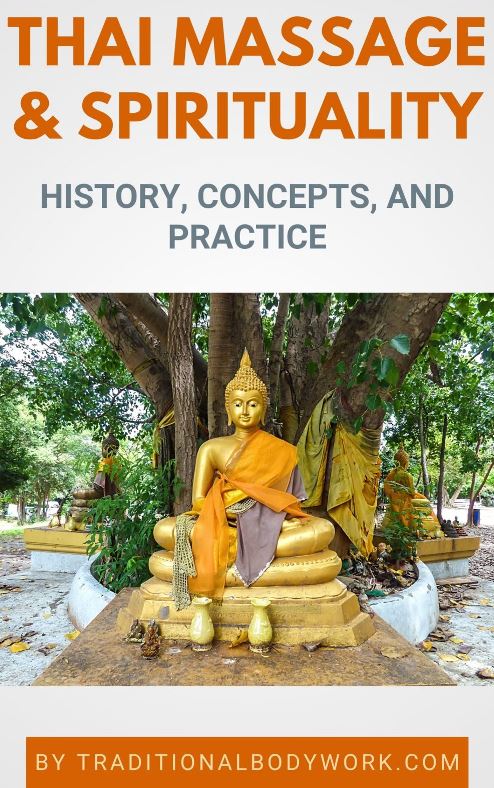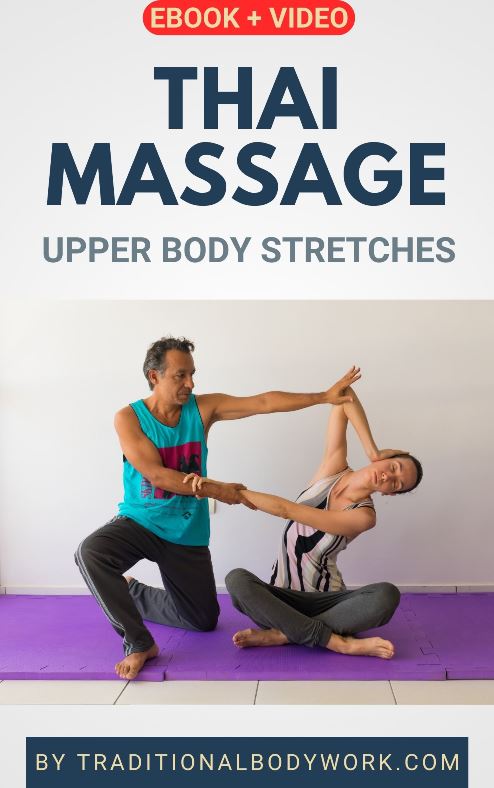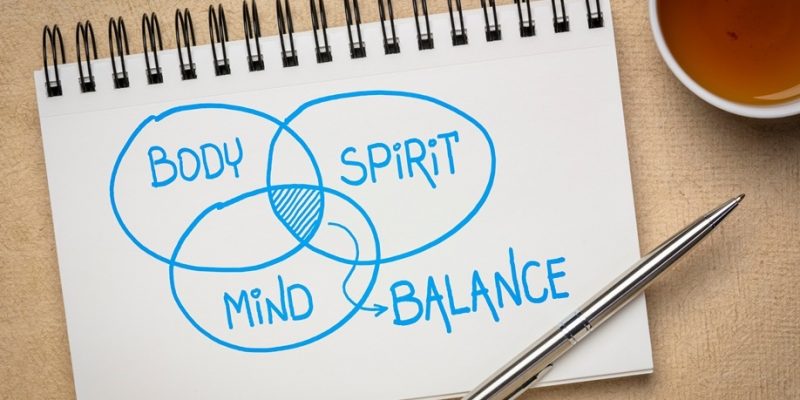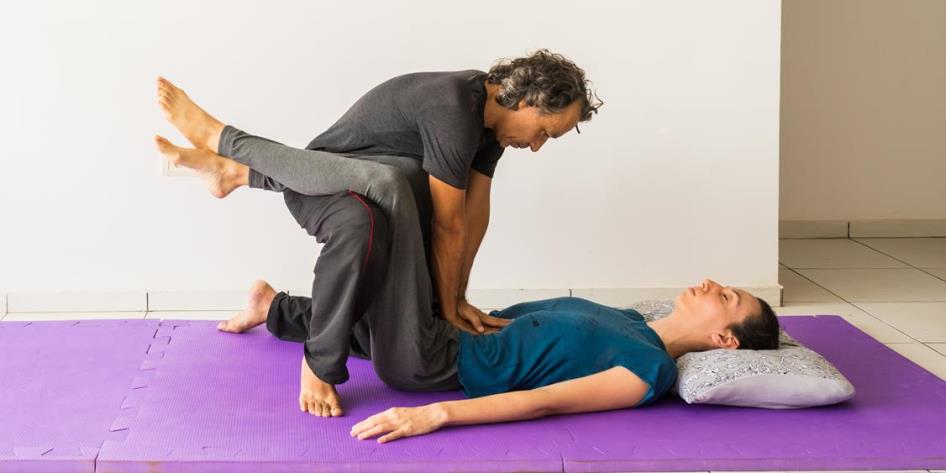
Although inducing emotional release is usually not the primary goal of Thai Massage, it’s not at all uncommon that it happens during a session.
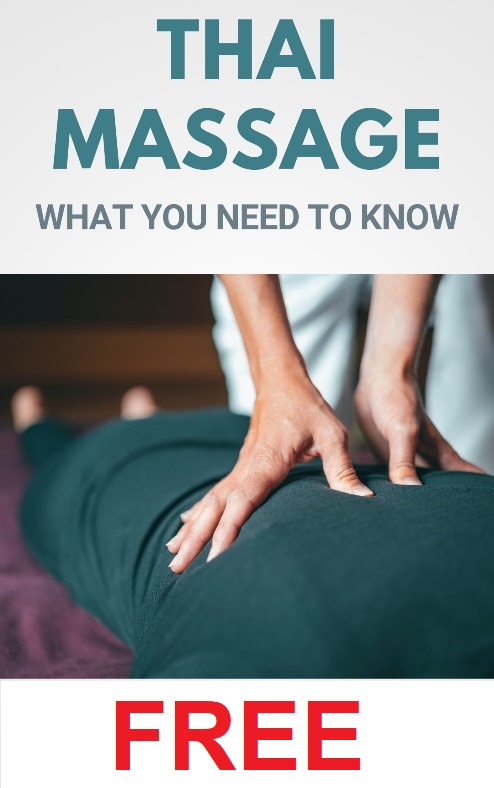
Receivers may have outbursts of laughter, or may start to cry, scream and shout, or feel very sad or by contrast experience feelings of euphoria, and so on.
That’s actually nothing to worry about; in fact, it’s a healthy cleansing process, a release of psychological and/or emotional tension stored in the receiver’s body. It may just be pent-up day-to-day stress that releases, but it may also be profound emotional trauma release.
Not all Thai Massage sessions result in emotional release, yet it is still important to prepare receivers for what may occur because we don’t want them to get into further distress when their bodies start to react with emotional outbursts.
It’s hard to say in advance who will experience profound emotional release during a session, but in general we could say that people who are already “open to work on themselves” will more easily experience emotional re-balancing.

Nevertheless, it may also happen with people that are not at all “open or receptive” who then suddenly, to their own surprise and astonishment, experience a form of Catharsis.
Nevertheless, emotional release is not always that obvious or intense. It can be quite subtle. Some receivers just need some warmth and comforting — the accepting, caring, non-judgmental touch of another human being. We are all human after all.
As we don’t know how people will respond to a Thai Massage treatment, we should always prepare receivers by informing them about what perhaps might happen during or even after a session.
Below you find the most common phenomena and expressions of emotional release:
- crying or laughing
- shaking or trembling
- screaming or shouting
- coughing
- cursing
- hitting (sometimes even hitting the masseur)
- spasms or cramps of muscles
- tickling, ticklish feeling
- lightness in the head, feeling like wanting to faint
- feelings of sexual arousal or even having a sexual orgasm
- heavy sweating
- feelings of anger
- feeling very cold or very hot
- feeling very tired or sleepy, drowsiness
- getting very silent or in trance
- feeling extremely relaxed
- wanting to vomit
- wanting to stop the massage session
- the skin of the receiver gets very hot and red or the opposite: cold
- bitter taste in the mouth
- diarrhea (usually, in the days after)
- memories of traumas that come to the surface
One or more of the things mentioned above may show during a session, but they may as well occur in the days following the massage. In general, symptoms can come up and work until a week after the massage.
Though the body will normally have found a new equilibrium within five to seven days, exceptions where it takes the receiver ten to fourteen days to adjust, recover, and/or digest the work may be the case.
You can read more about Thai Massage and Emotional Release in Part 2 of this series.



